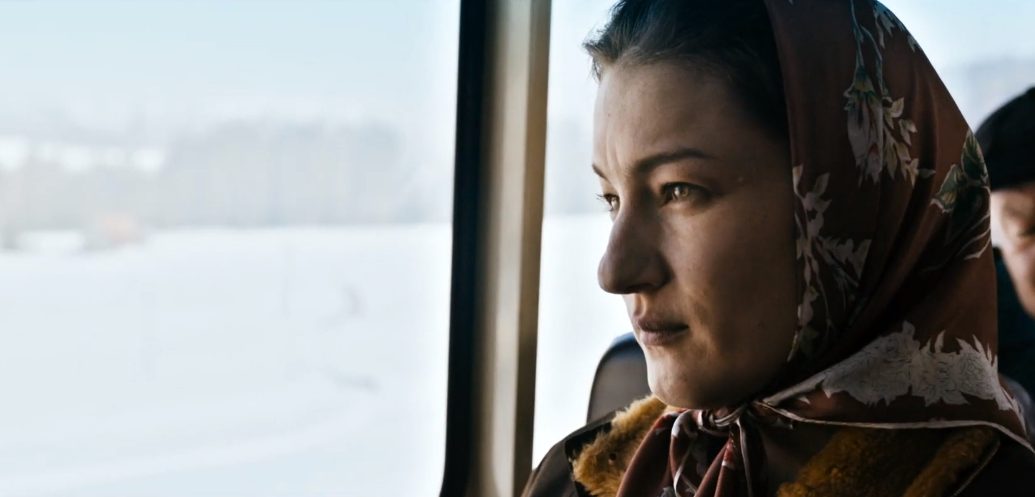Part of Glasgow Film Festival 2018
Swiss Oscar entry (for Best Foreign Language film) The Divine Order is a thematic sister piece to Sarah Gavron’s 2015 British picture Suffragette (and even a “cousin” to 2014’s outstanding political comedy Pride). What’s astonishing about this story of the fight for female suffrage, though, is that it is set more than fifty years later than its Brit counterpart, with Switzerland only granting women the right to vote in 1971. Sadder still, is how so many of the film’s central concerns still resonate.
After a mellow and fairly slow-paced beginning, protagonist Nora emerges as an affable and warm character, living a satisfactory but pre-determined role in life as doting wife to Hans and traditional mother to her two sons. However, a culmination of events affecting various women in her life inspires her to become politically engaged, paying more attention to Switzerland’s forthcoming referendum on female suffrage and banding together with wonderful supporting characters Vroni and Graziella to rally their village into action.
Thanks largely to Marie Leuenberger’s vulnerable yet magnetic central performance, the film is masterful in that it infuriates the audience. When the social club mob won’t listen to Nora, we want to scream at them. When she is pelted with a piece of paper from the crowd, we want to hurl it back. And when her husband, Hans, refuses to support her in public, we want to rattle sense into him. One of the most interesting and frustrating ideas presented to us is the fact that not only did many women not want the vote, but some actively protested against it. It’s a shocking yet worryingly familiar notion of members of a persecuted group enabling their own discrimination – “Mexicans for Trump”, anyone?
The Divine Order also branches out from strict politics, touching on other areas of feminism and the women’s liberation movement of the 70s, such as the politics of relationships and sexual independence – the latter providing a brilliant comic scene involving a new-age workshop in Zurich, a vaginal illustration chart and a basket of mirrors.
The film’s climax is incredibly moving and as the credits roll, Aretha Franklin’s Respect perfectly narrates real photographs of the Swiss women who marched and demanded equality less than fifty years ago. Perhaps director Petra Volpe isn’t pushing any experimental or visually profound filmic technique here, and the slim running time (1 hour 36 mins) also means Nora’s swift personal revolution might feel a tad unrealistic. However the heart of the story, its (sadly) prescient themes and the honest performances are more than enough to touch the audience.
